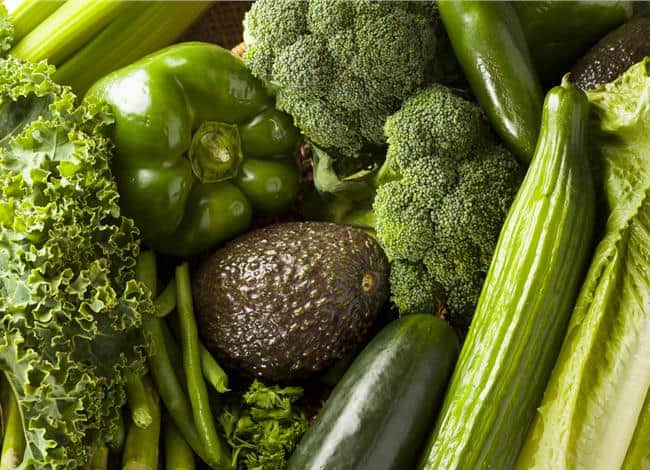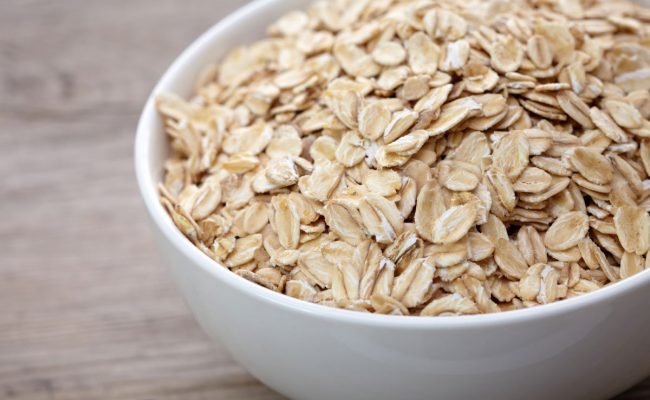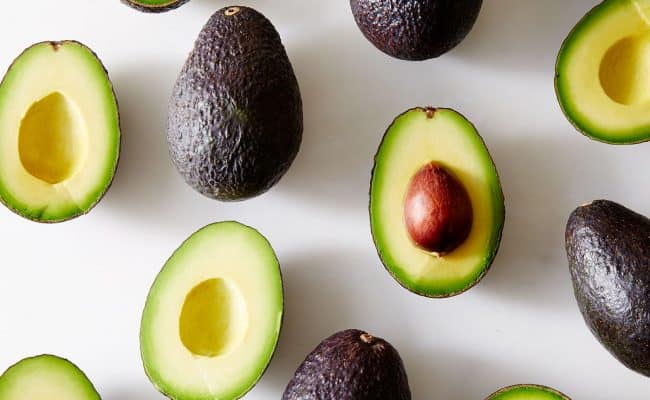
The bright green color in plants and algae is from the plant compound chlorophyll. Plant chlorophyll is used in photosynthesis to trap sunlight. Researchers are still studying how chlorophyll is absorbed and metabolized in the body.
Consuming chlorophyll either from food or supplemental form is often associated with many health claims such as: lowering inflammation, building blood nutrients, fighting cancer cells, aid in weight loss and fighting bad breath and body odor.
However, research validating health claims from chlorophyll is sometimes lacking. WebMD (1) suggests intravenous chlorophyll is possibly effective for reducing pain and symptoms associated with pancreatitis.
However, this should be done only under guidance from a medical professional. Other health claims from chlorophyll are considered ineffective or insufficient evidence.
Getting chlorophyll from increasing your vegetable intake is considered safe. However, if you are considering take a supplement with chlorophyll or chlorophyllin (synthetically made from chlorophyll), speak with your healthcare team first.
Certain medications may interact with chlorophyll supplement that may increase risk for sensitivity to sunlight.
Where can you get chlorophyll?
Chlorophyll is naturally in green vegetables like leafy greens, algae, green beans, broccoli and cabbage.
Wheat grass, spinach, parsley and watercress are some of the highest natural sources of chlorophyll.
Liquid chlorophyll drops can also be found at some health stores that can be added to water or other beverages.
Chlorophyll can be found in varying supplemental forms. When chlorophyll is in a supplement, it is usually chlorophyllin because chlorophyll is not shelf stable.
Chlorophyll taken orally from food or supplemental form is considered safe for most people.
However, if you have any medical conditions or take any medications, you should speak with your healthcare team before taking chlorophyllin supplement.
Chlorophyll and bad breath
The idea chlorophyll may help eliminate bad breath or other body odor dates back to the 1940s and 1950s.
During this time, doctors noticed when chlorophyllin was applied to foul smelling wounds, the odor was less after chlorophyllin was applied.
Doctors also gave chlorophyllin to patients that had colostomies and ileostomies to help lower fecal odor. However, since this time, research supporting claims that chlorophyll can help mask body odors is not strong.
One 2004 study (2) did find daily supplementation of chlorophyllin for 3 weeks helped lower odors associated with a hereditary condition called Trimethylaminuria.
This condition is associated with urinary excretion of a fishy odor due to the inability to metabolize trimethylamines.
Researchers found the chlorophyllin significantly decreased urinary concentrations of thimethylamines which translates to lower odor.
There is little to no evidence to suggest chlorophyll can cure bad breath. However, even though the research supporting chlorophyll masking bad breath isn’t strong, it shouldn’t stop you from munching on parsley after dinner.
Eating chlorophyll rich foods isn’t harmful; in fact it could provide the body with many nutrients. It just might not mask bad breath as well as some think.
Chlorophyll and weight loss
Another claim to fame for chlorophyll, and there are many, is that it may help aid in weight loss.
One 2014 study (3) analyzed the effect dietary supplementation of green plant membranes had on weight loss.
Thirty eight women were either put into a supplementation group or a placebo group. Supplements were given once daily for 12 weeks.
All subjects were instructed to follow a healthy diet and increase exercise.
Researchers found participants taking the green plant membrane supplement lost significantly more weight and had lower blood cholesterol levels than the placebo group.
Researchers also found the green plant supplement group had a decreased urge for sweets compared to the placebo group.
This study suggests green plant membrane supplement, which includes chlorophyll, may help induce weight loss. More research is needed for the effect chlorophyll can have on weight loss.
Chlorophyll and cancer
In vitro and some animal studies have shown chlorophyllin may have antioxidant benefits by helping protect against oxidative damage.
Some cell and animal studies have shown chlorophyllin contains cancer fighting properties (4).
There is still much unknown about how chlorophyll can affect cancer cells, and more research is needed especially in humans.
Are there risks from chlorophyll supplement?
Getting chlorophyll from vegetables is considered safe and, and eating a diet high in chlorophyll vegetables is encouraged because there are many health benefits associated with a high vegetable intake.
Taking a supplemental form of chlorophyllin may cause urine or feces to have a green tint. Another possible side effect could be black discoloration of the tongue.
This is generally considered a non-hazardous side effect. Some people may also experience diarrhea as a side effect for taking chlorophyllin supplement.
The safety of taking a chlorophyllin supplement during pregnancy or breast feeding isn’t known. Certain medications can interact with chlorophyll supplements that can increase skin sensitivity to the sun.
Chlorophyll may be in certain wound care skin applications. Applying chlorophyll to skin wounds may cause a burning or itching sensation in some people.
Therefore, you should consult your healthcare team before applying chlorophyll to open wounds.
Conclusion
Even though there isn’t evidence supporting chlorophyll can cure bad breath, consuming chlorophyll foods is still recommended for many other health reasons.
Green vegetables are a rich source of antioxidants, minerals, vitamins and fiber.
Chlorophyll as a supplemental form is called chlorophyllin. Taking a chlorophyllin supplement can often be promoted as a weight loss aid, detox, controlling body odor, etc.
However, actual research validating health claims associated with chlorophyll is limited. In intravenous amounts, chlorophyll has been shown to be helpful in treating symptoms associated with pancreatitis.
Some research has shown chlorophyll may be helpful in weight loss, but more research is needed.
Cell and animal studies have shown chlorophyll may be helpful in fighting cancer cells, but more research is needed in this area as well.










